HOME ECONOMICS
HOME ECONOMICS DEPARTMENT
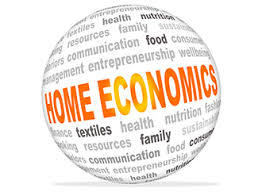
WELCOME
Welcome to the new H.Ec.Department Page! We belong to the Health and Well-being faculty which includes Home Economics and PE.
Home Economics is now a diverse and varied suite of subjects which prepares all learners to go on to make positive lifestyle choices and prepare the foundations for some pupils to go on to careers in health, food production, and hospitality, catering, childcare, teaching and many more.
It enables learners to develop the knowledge and skills necessary for making healthy lifestyle choices, reasoned decisions, whilst considering ethics, sustainability and the world around them.
Home Economics in Inverkeithing High School covers 5 separate subjects:
Health and Food Technology
Practical Cookery
Practical Cake Craft
Early Learning and Childcare
Childcare and Development
STAFF LIST
Mrs Donnelly - PTC
Mrs Donaldson PT Guidance Castle House
Miss Campbell
Mrs Newman - Auxiliary
COURSE OUTLINES
Broad General Education S1-3
Aims Broad General Education (S1-S3)
To provide a sound basis of knowledge and skills which, will stimulate, build confidence and sustain interest and enjoyment in Food Technology.
- To help young people to develop their understanding of a healthy diet.
- To develop the knowledge and skills required to enable young people to make reasoned and informed decisions and help to establish lifelong healthy living habits, essential for good health
- To help young people develop their knowledge and skills to plan and safely prepare dishes to meet their own needs and those of others.
- To develop in young people organisational skills and the technological capability necessary to meet the needs of individuals and family members within a rapidly changing society.
- To provide young people with a supportive environment to facilitate specialist creative and problem-solving opportunities, so making important contributions to young people’s skills for learning, life and work.
During S1-3 courses pupils will learn about being safe in the kitchen, personal, kitchen and food hygiene, weighing and measuring of food ingredients and the use of the cooker. Pupils develop an understanding of the importance of healthy eating and current dietary advice. Factors affecting food choice, food miles, seasonality, advertising and labelling and packaging are a key feature of the S3 units. As pupils progress through the units practical skills and knowledge are embedded and throughout the course pupils undertake design and make activities using a variety of technology, enquiry skills and product design techniques. Pupils learn through a variety of activities including discussion, individual and group work tasks. Practical cookery using fresh, healthy ingredients is crucial to our role in encouraging pupils to learn about the food they eat.
How can parents help?
- Encourage your child to practice cookery skills at home.
- Ensure your child comes to class prepared with a suitable container
- Homework tasks are issued regularly, please check Show My Homework.
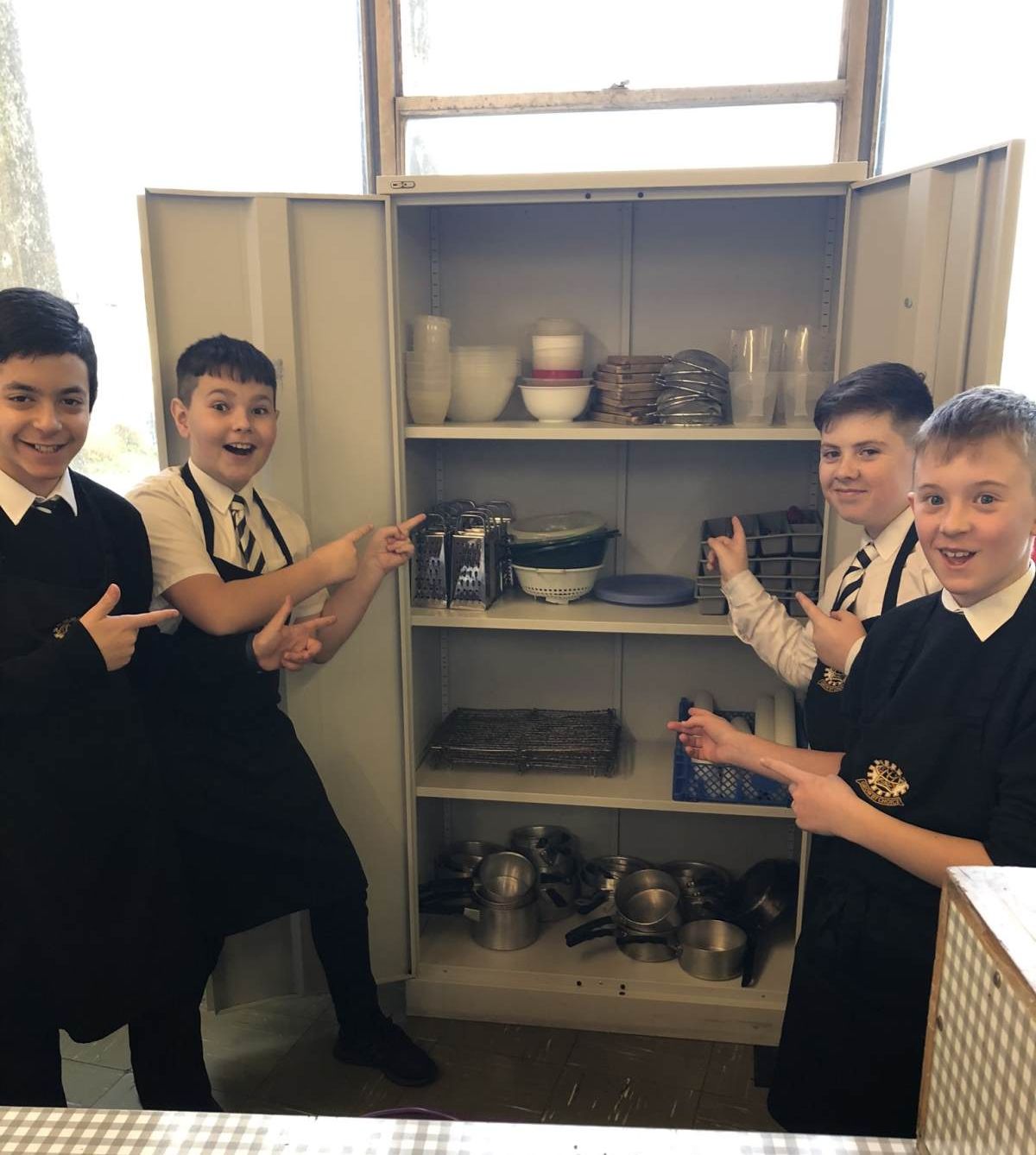
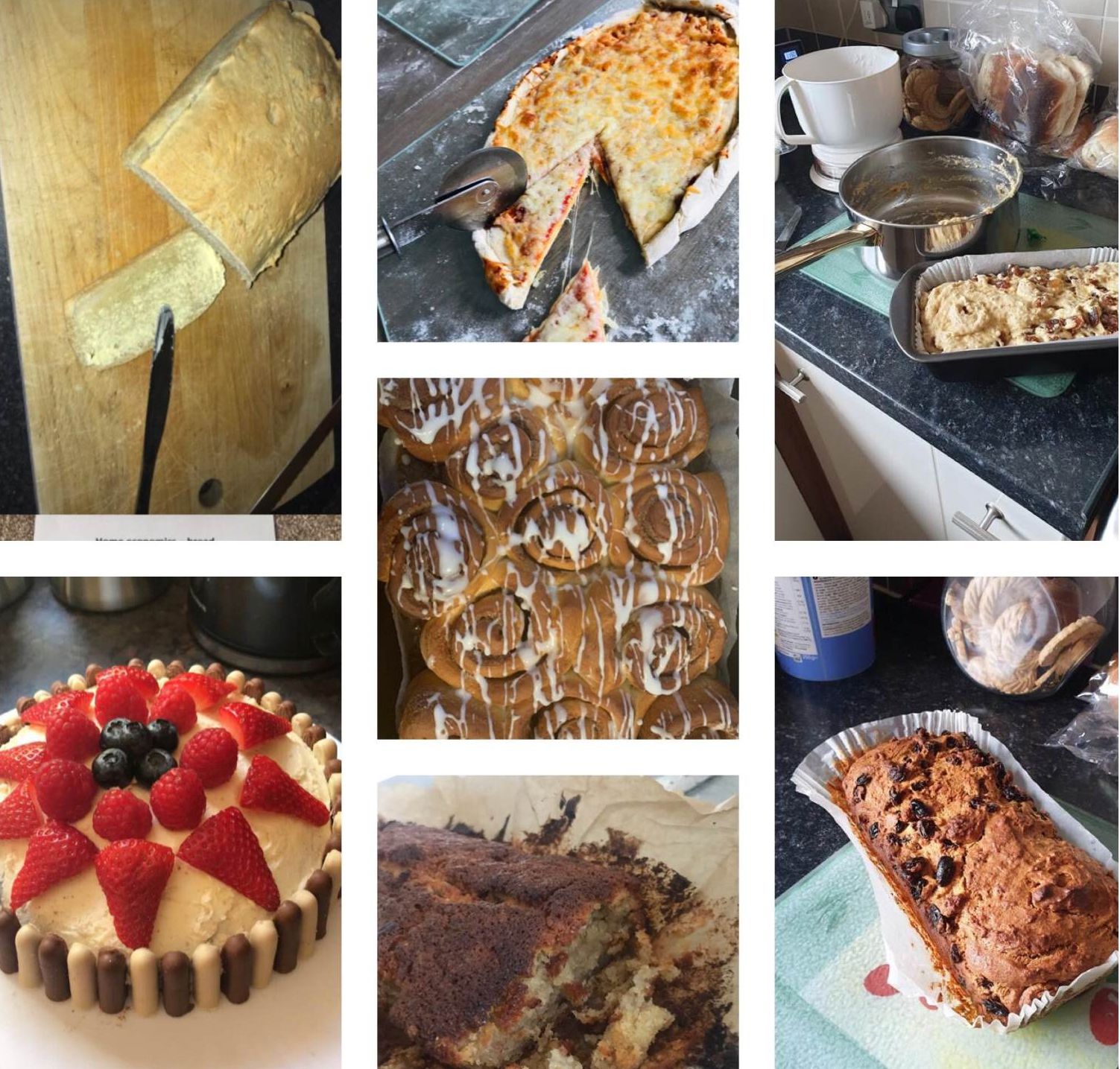
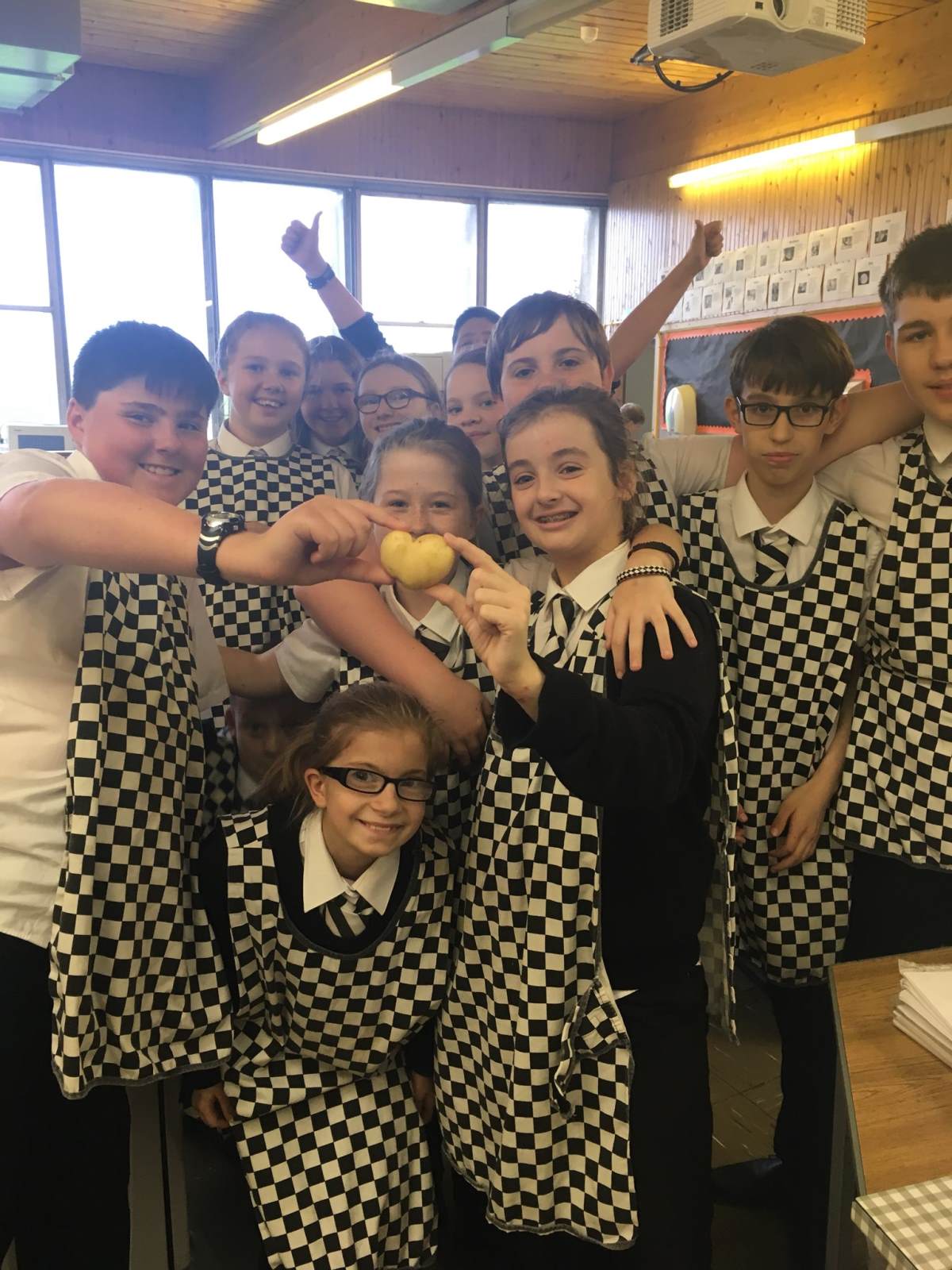
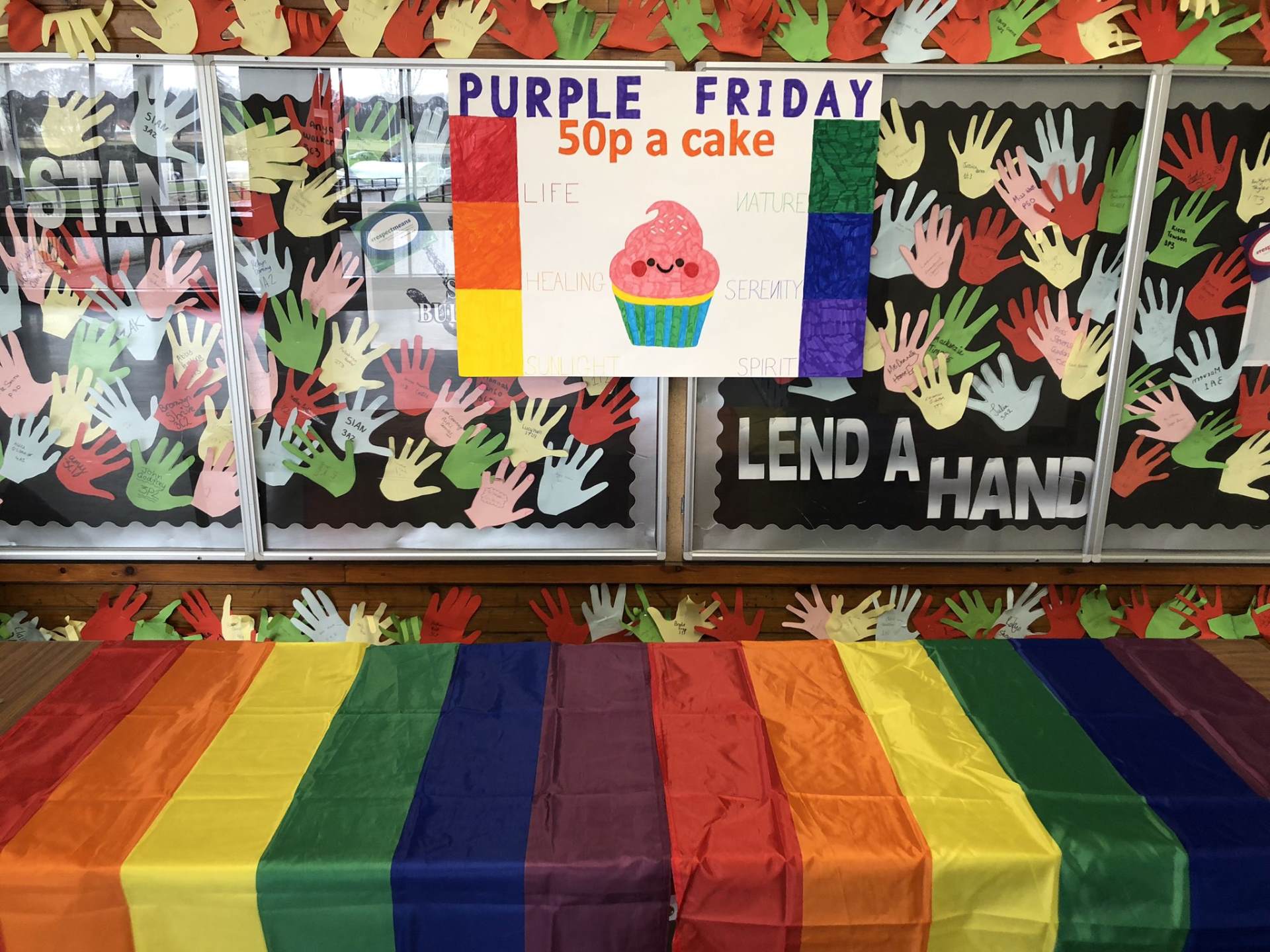
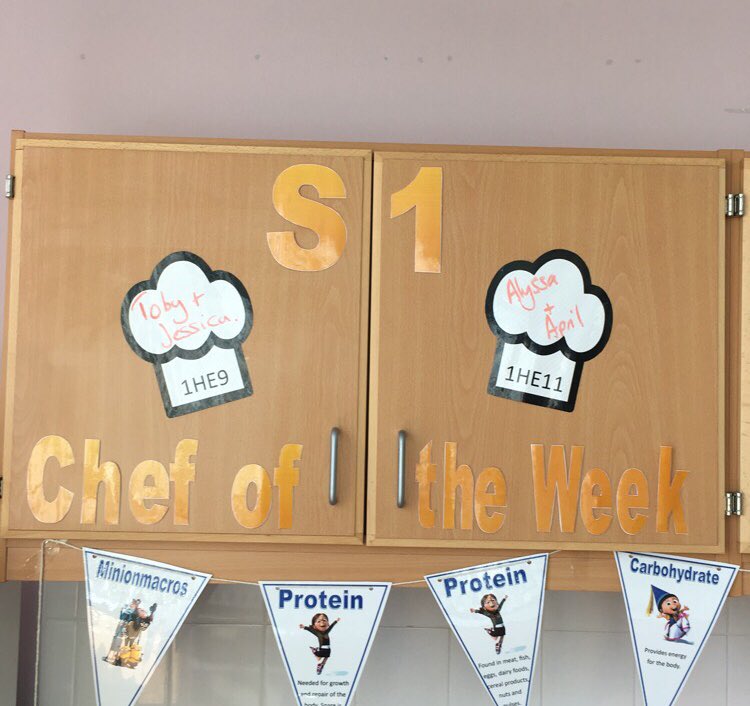


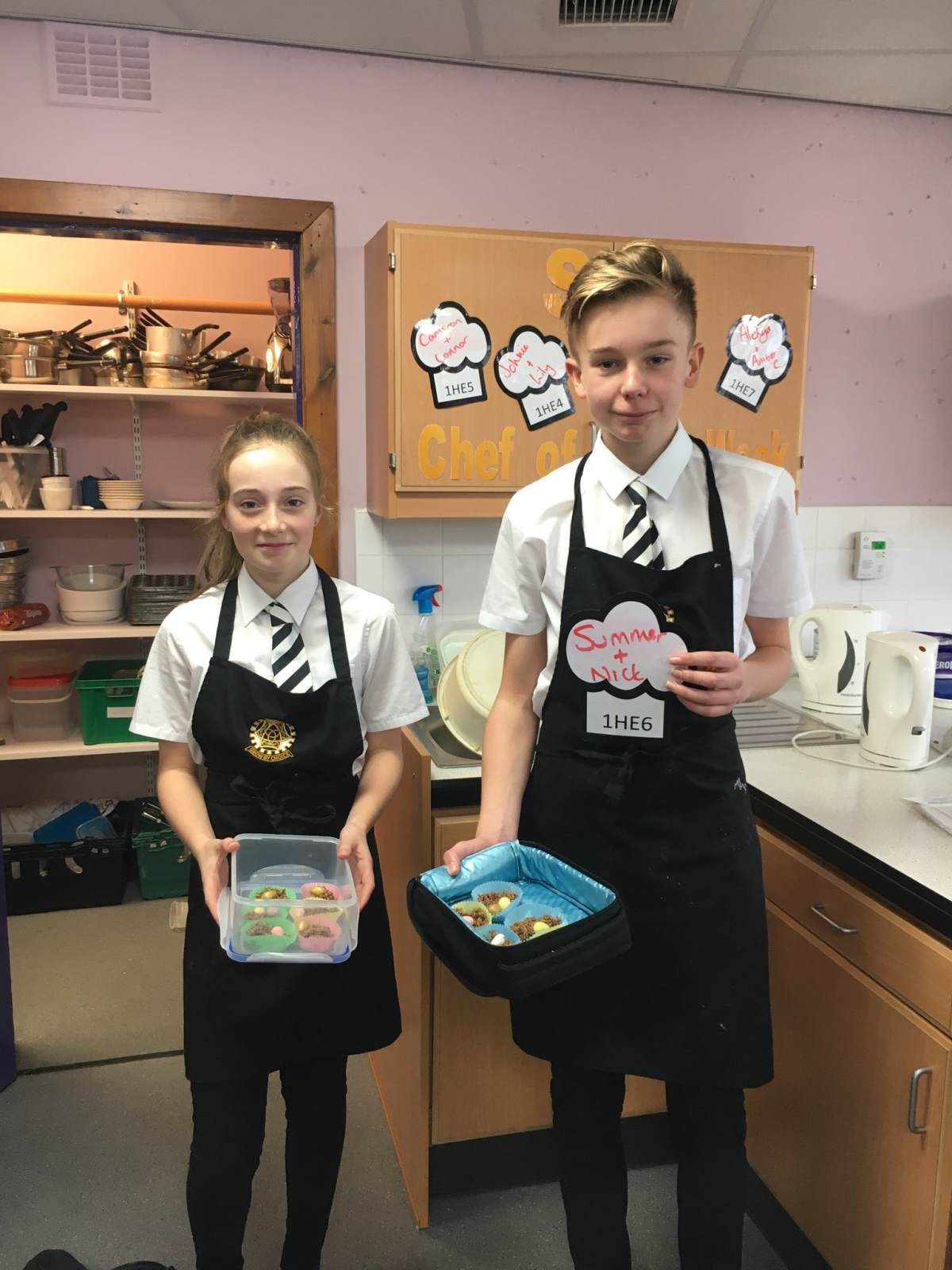
The Senior Phase:
N4 to Advanced Higher Health and Food Technology
Course Outline:
Study of Health and Food Technology enables candidates to focus on the physical, chemical, nutritional, biological and sensory properties of food, and on ways in which these properties can be manipulated when manufacturers design and make food products. Some focus is also placed on food preparation for immediate consumption, where consumers’ cultural, social and nutritional needs and economic status are known.
Key Areas of Content are:
- Nutrition, current dietary advice and dietary diseases
- Food Poisoning and Cross Contamination
- Product Development and Market Research
- Functional Properties of Food
- Consumer Law
- Labelling
- Technological developments
Skills Development:
- Through the study of Health and Food Technology candidates will have the opportunity to: acquire knowledge and experiences which will influence the quality of their lives; further develop and use specialist craft skills and management skills; develop skills of enquiry, analysis and evaluation and use these to make reasoned decisions; develop a capacity to solve problems using a range of technological and other resources. The Course contributes to personal development as it facilitates the opportunity to experience a range of study skills, and encourages a structured approach to independent learning, culminating in a technological project. This form of learning not only develops skills necessary for living today, but also prepares candidates for further study and employment opportunities
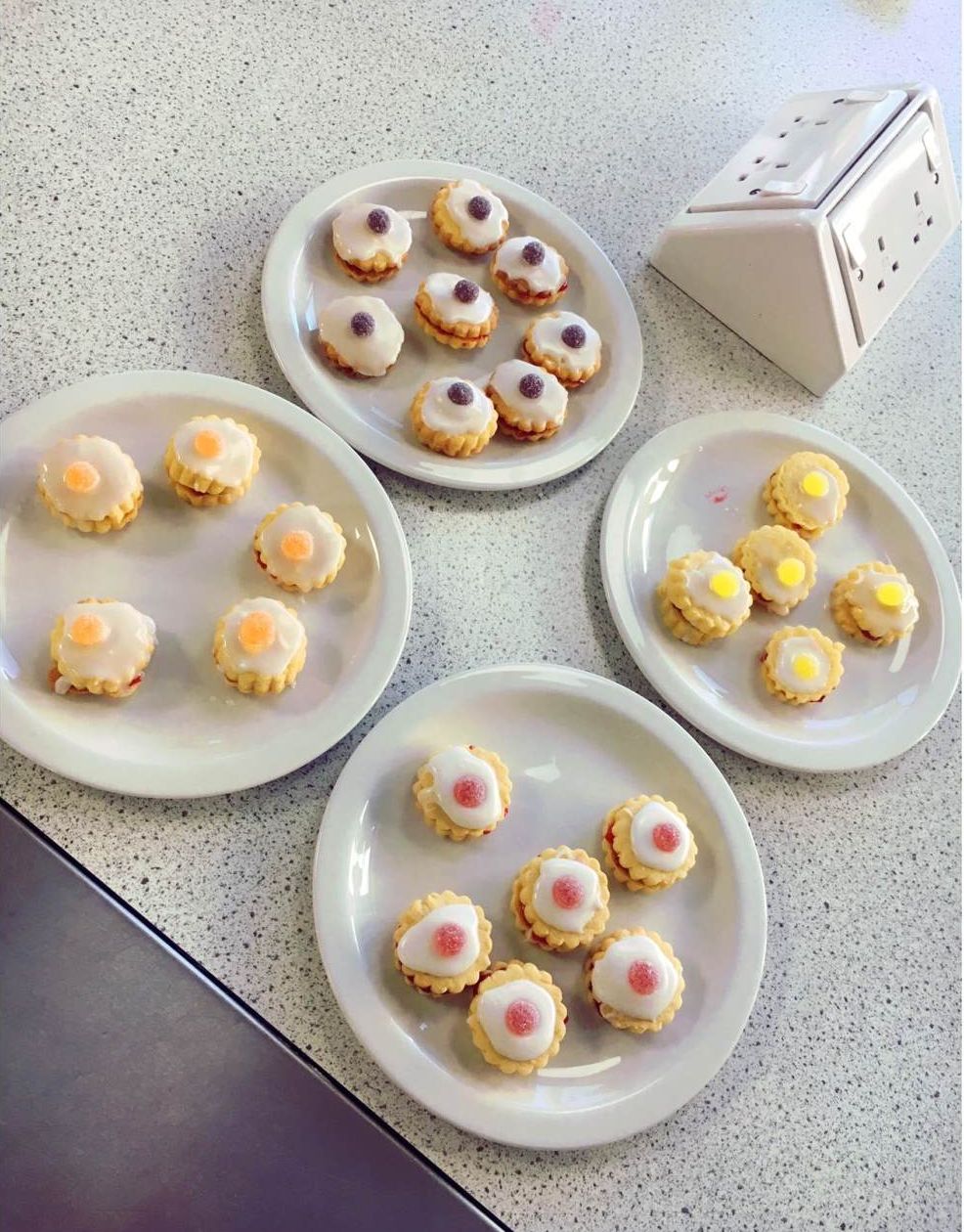


N3, 4 and 5 Practical Cookery
Course Outline:
These Courses aim to enable learners to:
- proficiently use a range of cookery skills, food preparation techniques and cookery processes when following recipes
- select and use ingredients to produce and garnish or decorate dishes
- develop an understanding of the characteristics of ingredients and an awareness of their sustainability
- develop an understanding of current dietary advice relating to the use of ingredients
- plan and produce meals and present them appropriately
- work safely and hygienically
Skills Development:
Pupils will develop the following skills:
- using food preparation techniques and cookery processes in the preparation of dishes
- understanding the importance of food safety and hygiene and working safely and hygienically
- selecting, weighing, measuring and using appropriate ingredients to prepare and garnish or decorate dishes
- understanding the importance of sustainable ingredients
- understanding of current dietary advice relating to the use of ingredients
- following recipes in the preparation of dishes and carrying out an evaluation of the product
- planning, organisational and time management skills in a largely familiar cookery context
- producing dishes, taking into account the number of portions and the cost or portion size, and presenting them appropriately
Pupils will also develop the following skills for learning, life and work:
Numeracy - Money, time and measurement
Employability, Enterprise and Citizenship - Employability
Thinking Skills - Remembering, Understanding, Applying
All pupils will be expected to provide a suitable container to take food home in. The department will not provide containers.
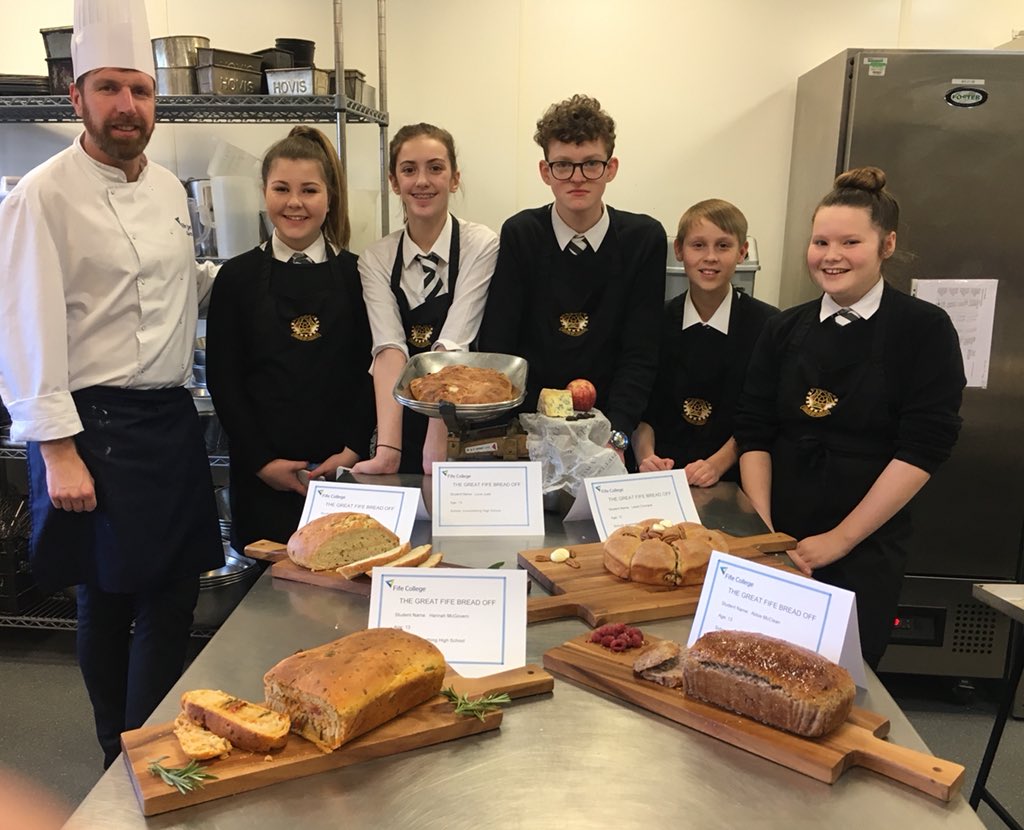
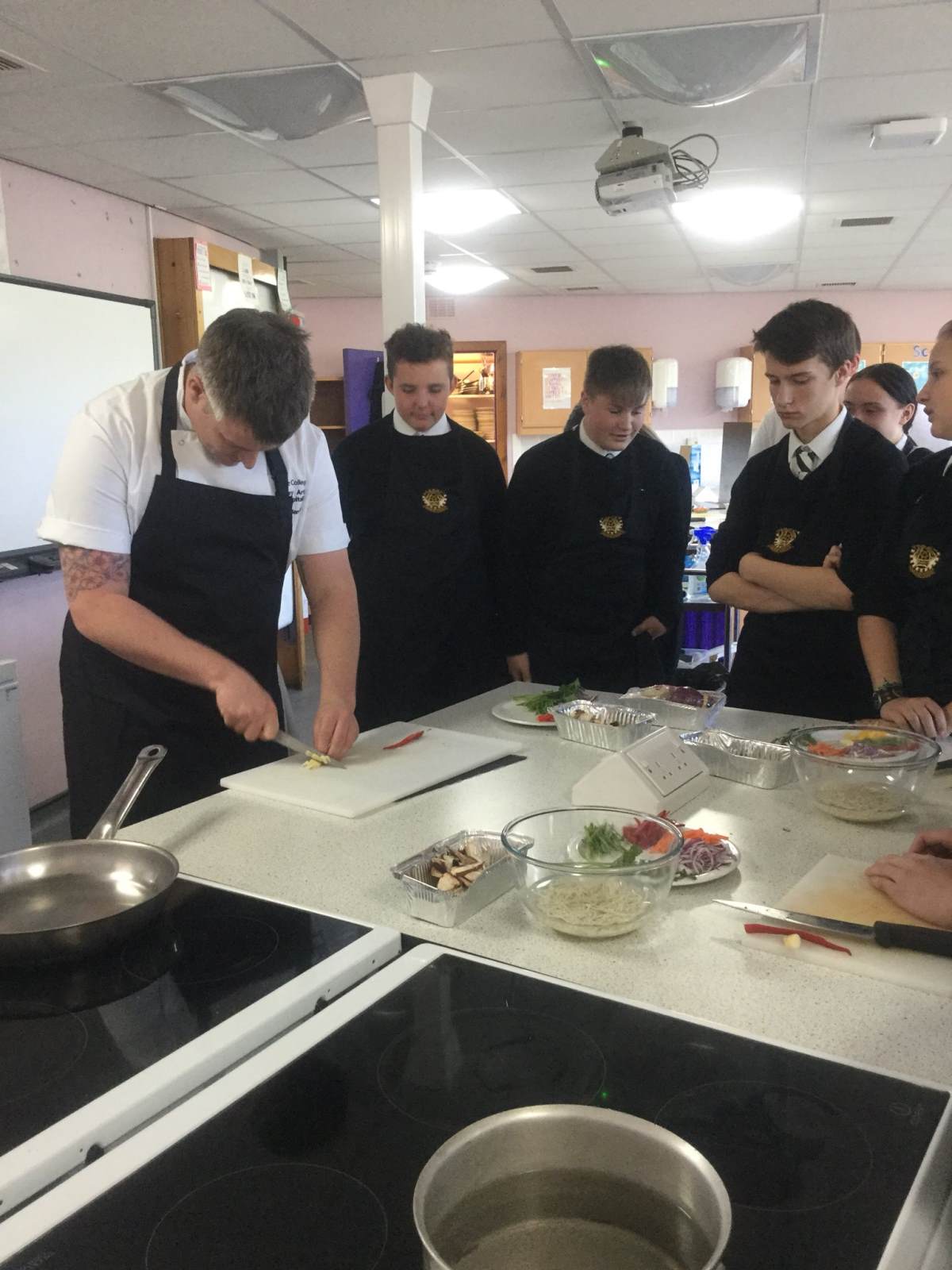
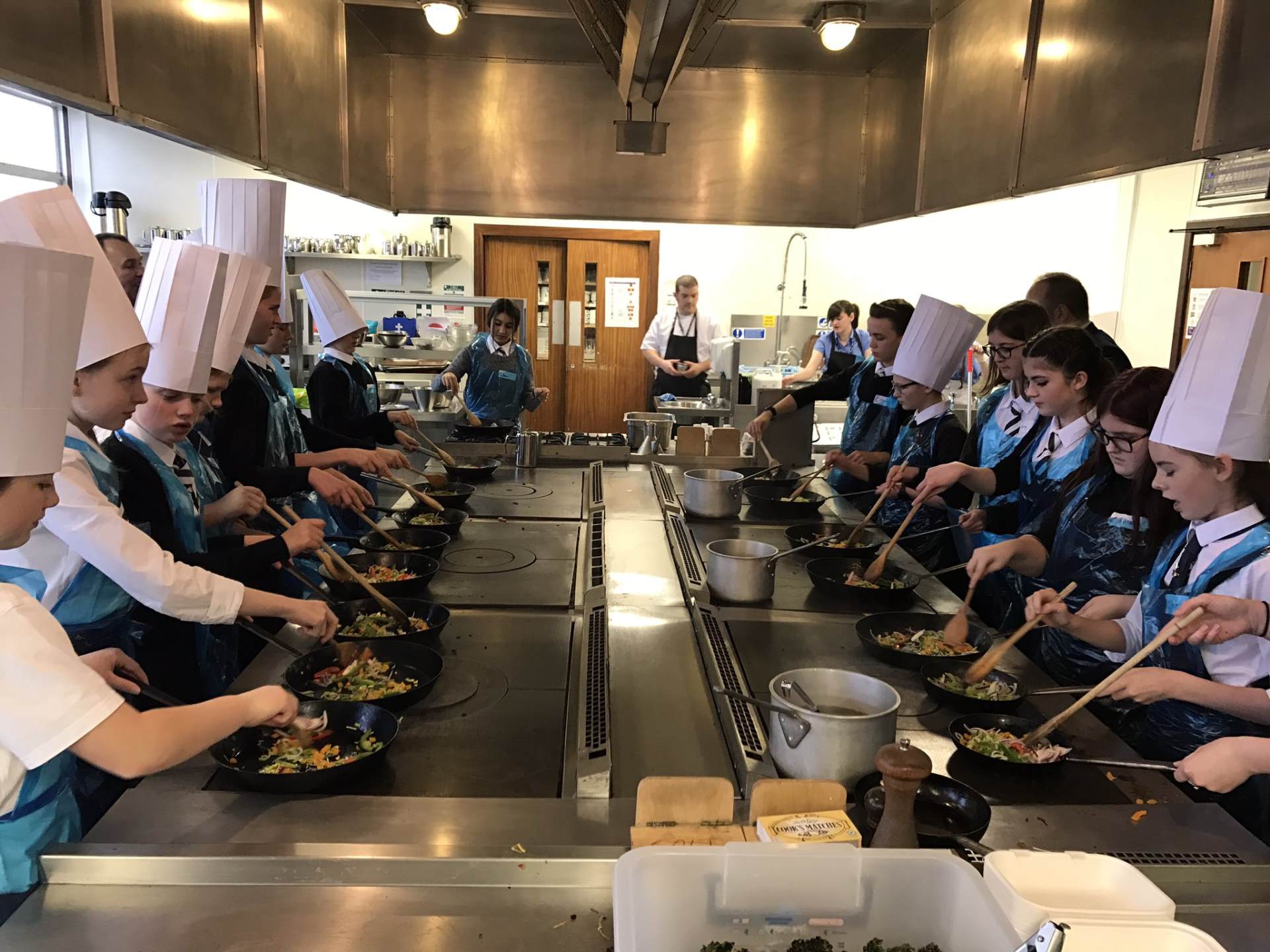

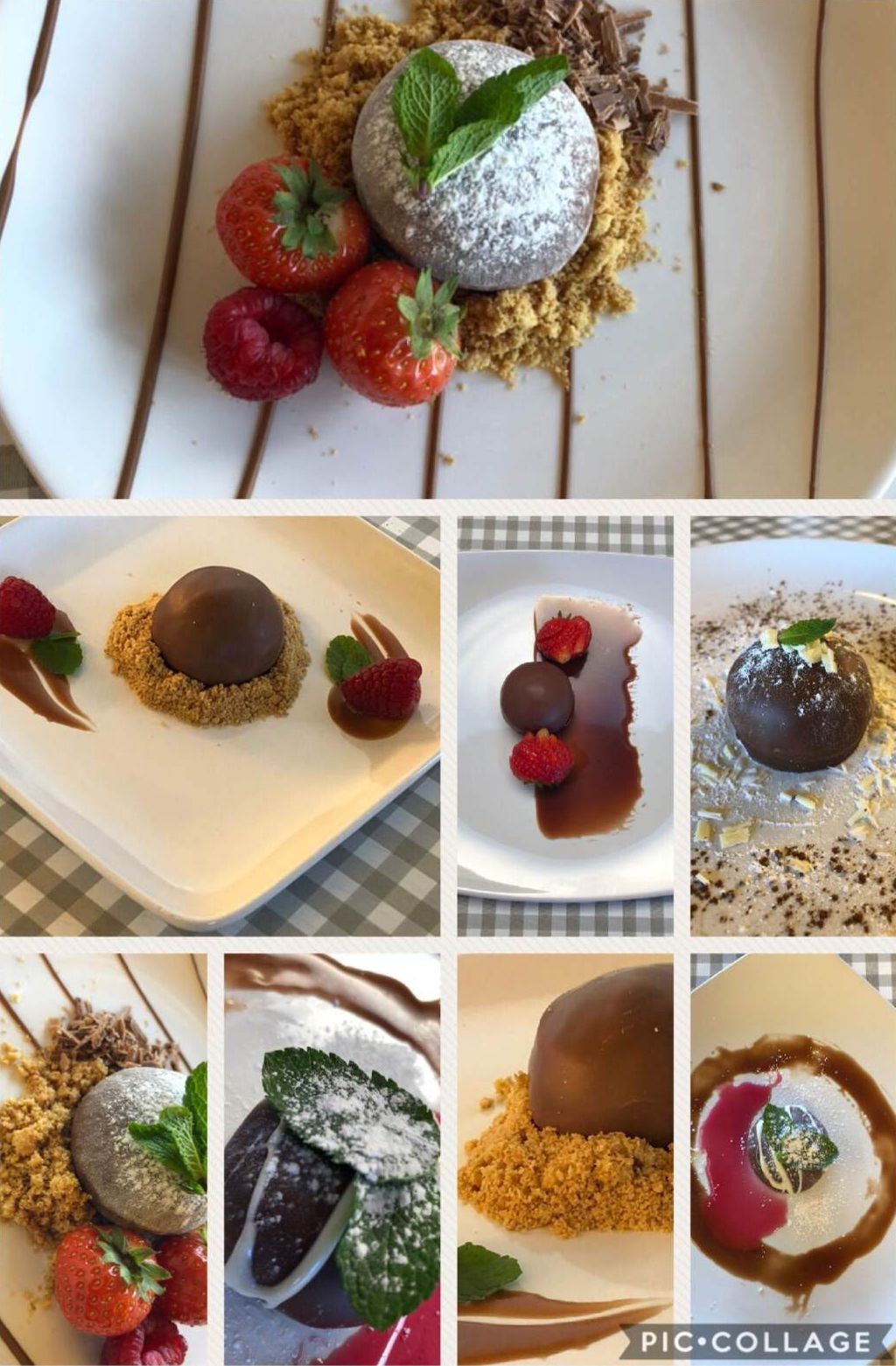
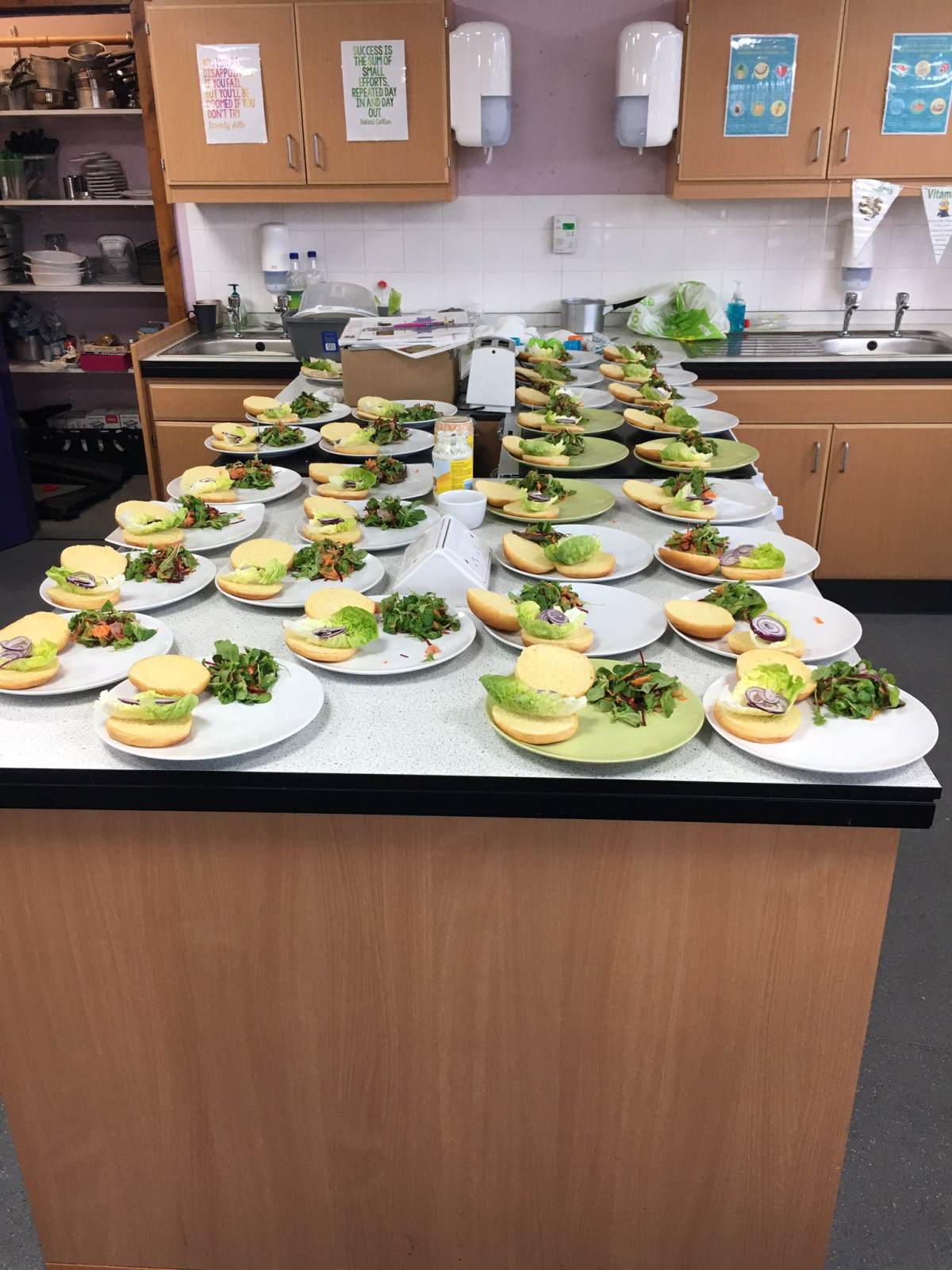
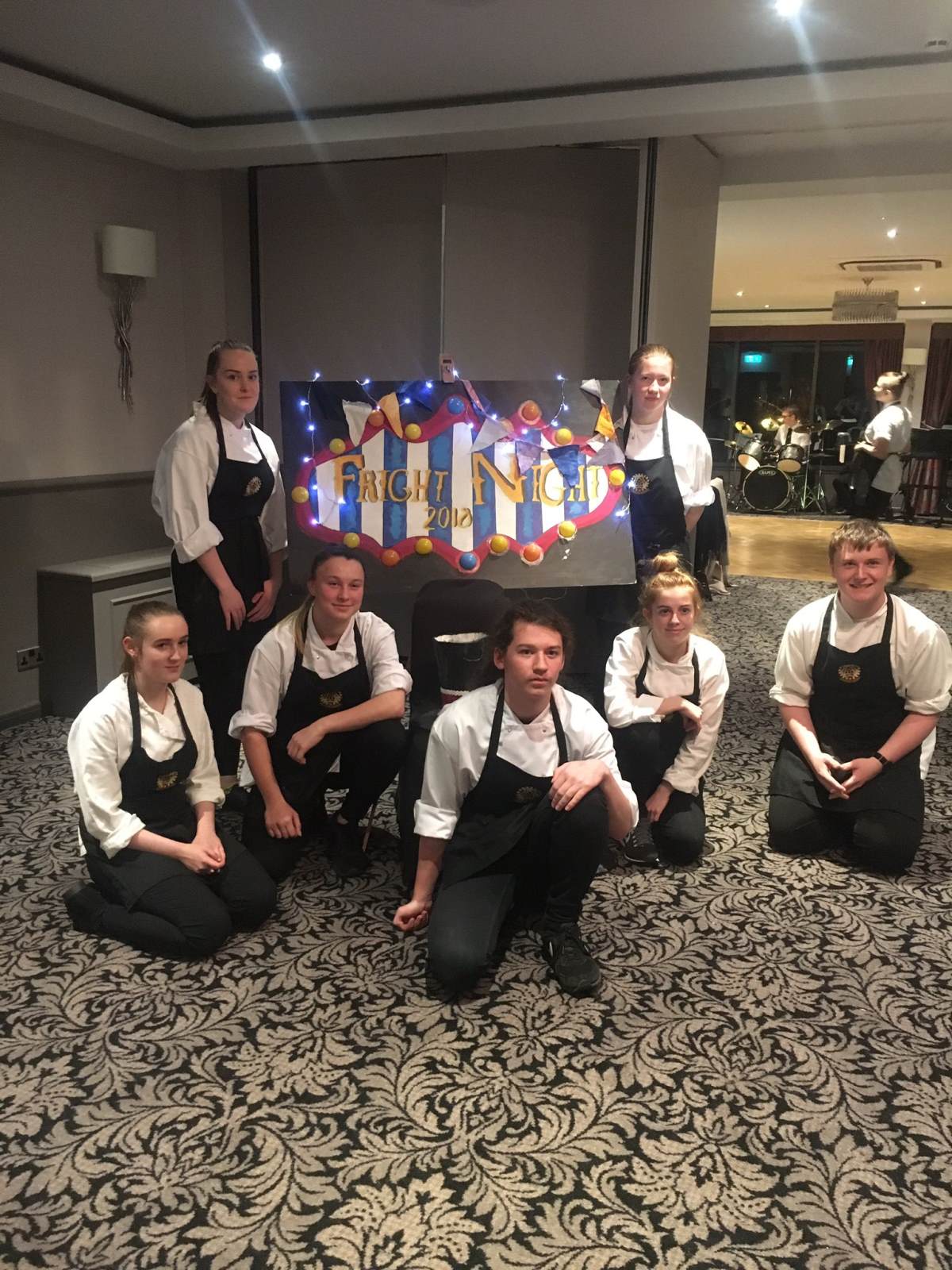
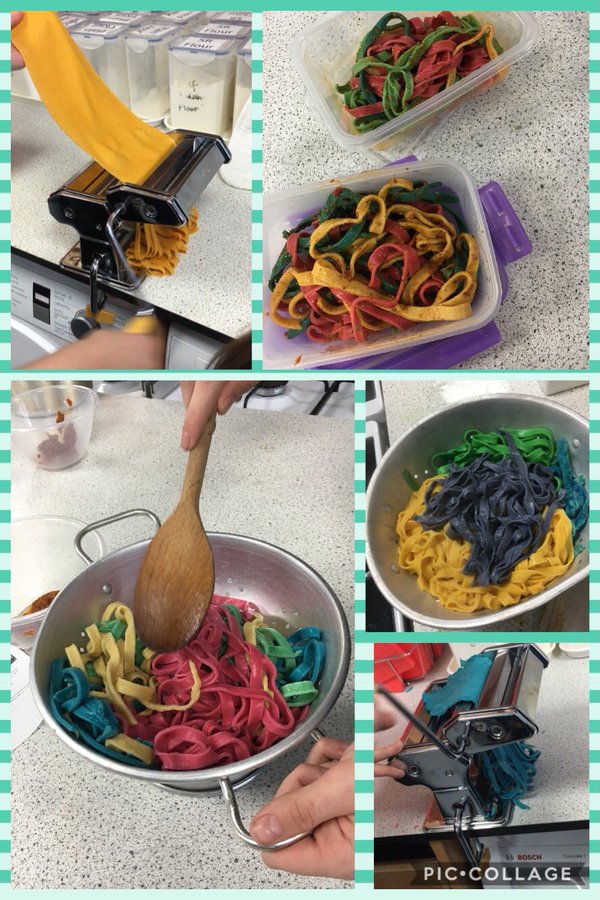
N5 Practical Cake Craft
|
Course Outline: The Course aims to enable learners to:
Pupils will learn through:
Pupils will also develop the following skills for learning, life and work:
Numeracy- Money, time and measurement Employability, Enterprise and Citizenship - Employability Thinking Skills – Understanding, Analysing and evaluating, Creating |
N4 and 5 Early Leaning and Childcare
Course Outline:
The aims of this Course are to:
- increase candidates’ awareness of the factors that impact on the lives of children, their parents and carers
- provide an insight into working in early education and childcare
- facilitate candidates’ understanding of the interrelationship between the Course Units
- increase candidates’ awareness of the necessity to view all aspects of early education and childcare holistically
- enable candidates to draw upon the experiences gained in the Outcomes of the Course Units to inform and enhance their understanding of what can be considered as effective early education and childcare provision
- increase candidates’ awareness of the scope of the early education and childcare sector and the opportunities for employment in the sector
- allow candidates to develop key life skills
allow candidates to develop communication skills by working in groups and with others in a variety of contexts
Skills Development:
This course will allow the candidate to demonstrate competency in knowledge, skills and attitudes required to be employed in the early education and childcare sector. These include knowledge and understanding of:
- the importance of child health and development
- the role of the adult in supporting the care, learning and development of the child
- the importance of play to the developing child
- the roles and responsibilities of parenting
- support available to parents in the community and from the family
- the scope of the early education and childcare sector
- the qualifications required to work in the early education and childcare sector the basic needs of children
- how to promote a healthy diet in children
- how to identify the needs of a casualty
- how to plan, set up and evaluate play experiences
- how to treat a casualty
- how to care for children
- communication
- working as part of a team
- presentation of material
- using a variety of research methods
- self evaluation and reflection
- setting achievable goals through personal development planning
Attitudes such as:
- reliability
- consistency
- honesty
- trust
- confidentiality
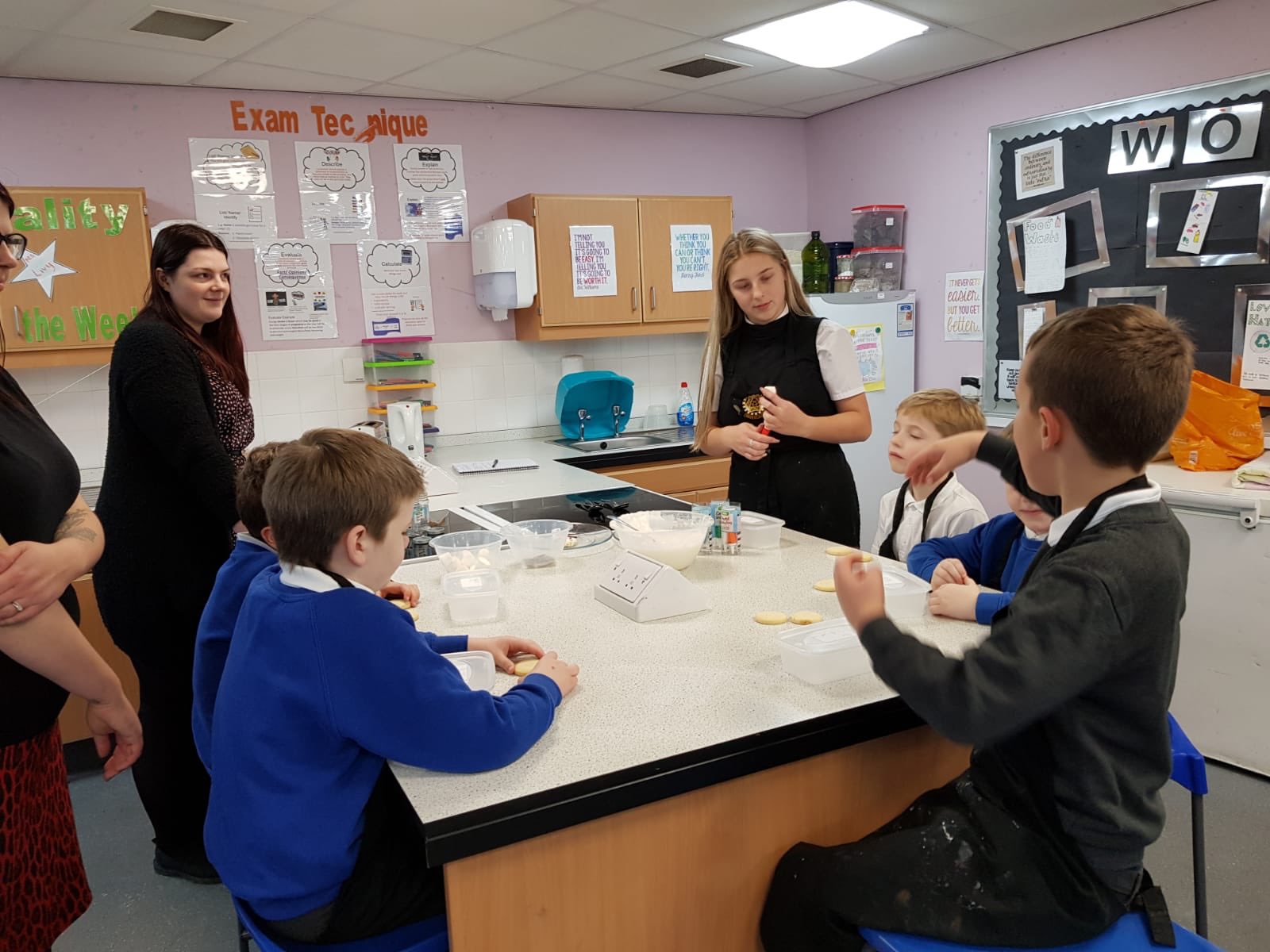
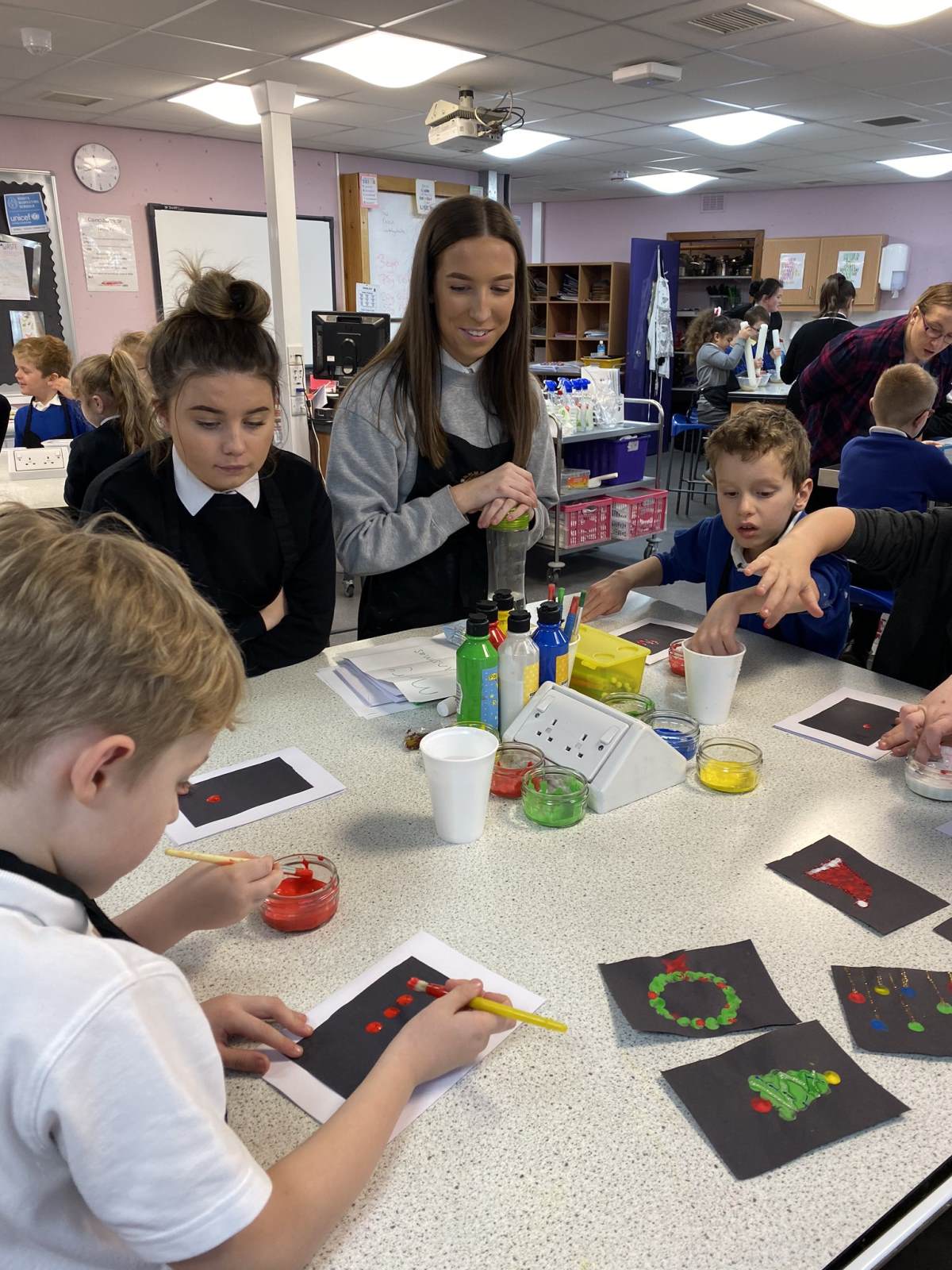
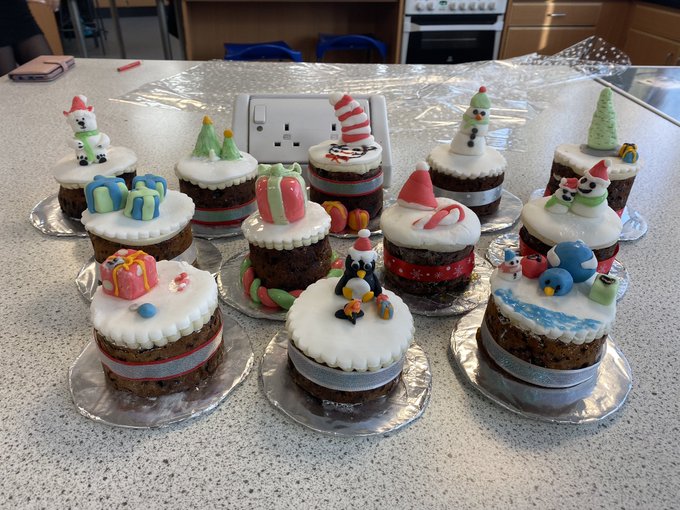
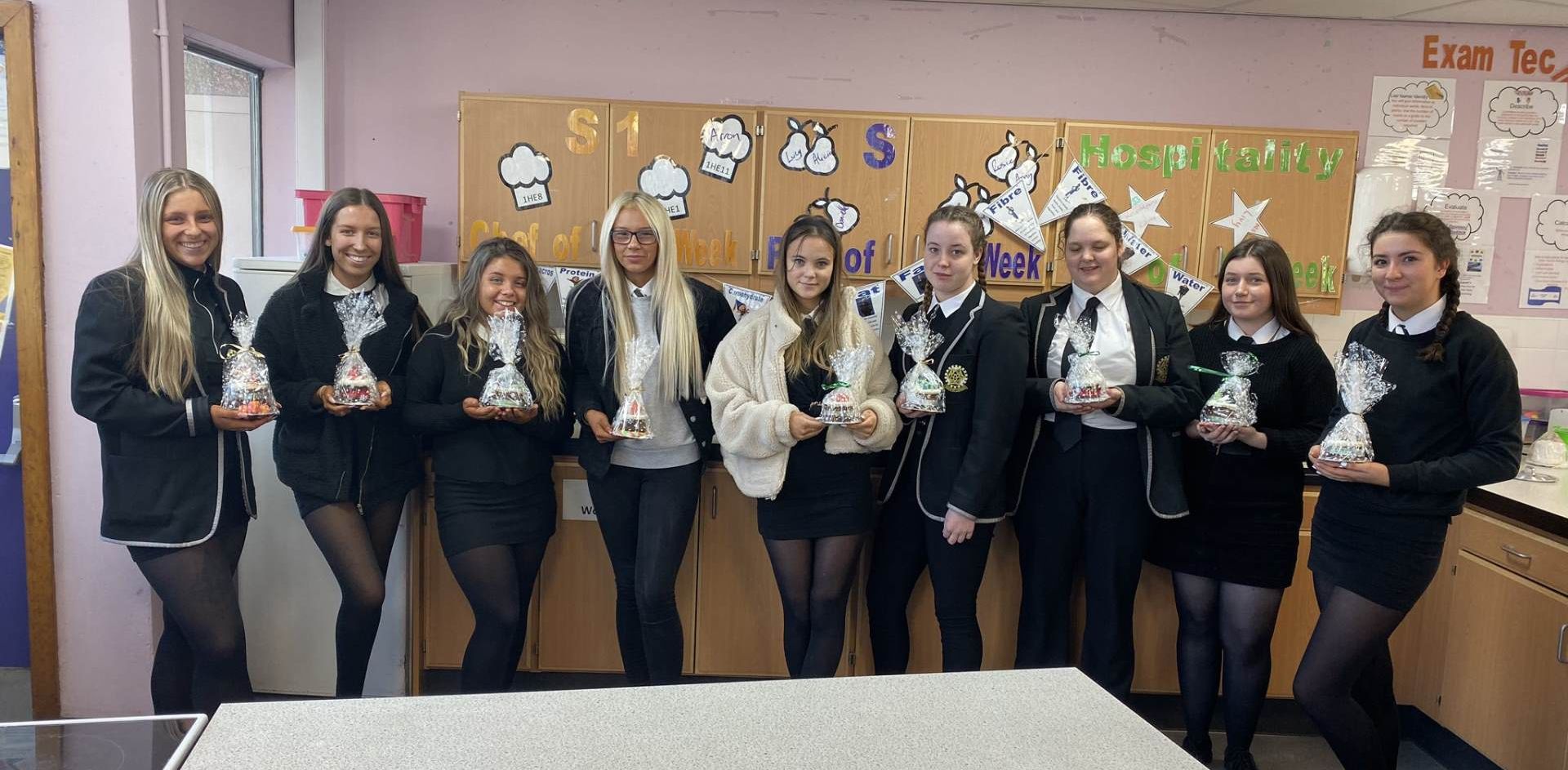
Higher Childcare and Development
Course Outline:
If you are interested in a career in childcare, primary education, social care or many other occupations then this is the course for you. The aims of the course are to;
- Understand child development and factors that influence development from pre-birth to 16
- Understand theories of child development
- Develop awareness of initiatives related to childhood practice
Develop awareness of current services for children and young people and the responsibilities of practitioners involved
Skills Development:
The learner will develop the following skills, knowledge and understanding:
- explain child development
- analyse factors that influence development
- explain and evaluate theories of development
- investigate initiatives and/or strategies used to inform current childhood practice
- investigate current services that support children and young people
- analyse the role and responsibilities of professional and others in contributing to the development of children and young people
investigate, analyse, evaluate and present information
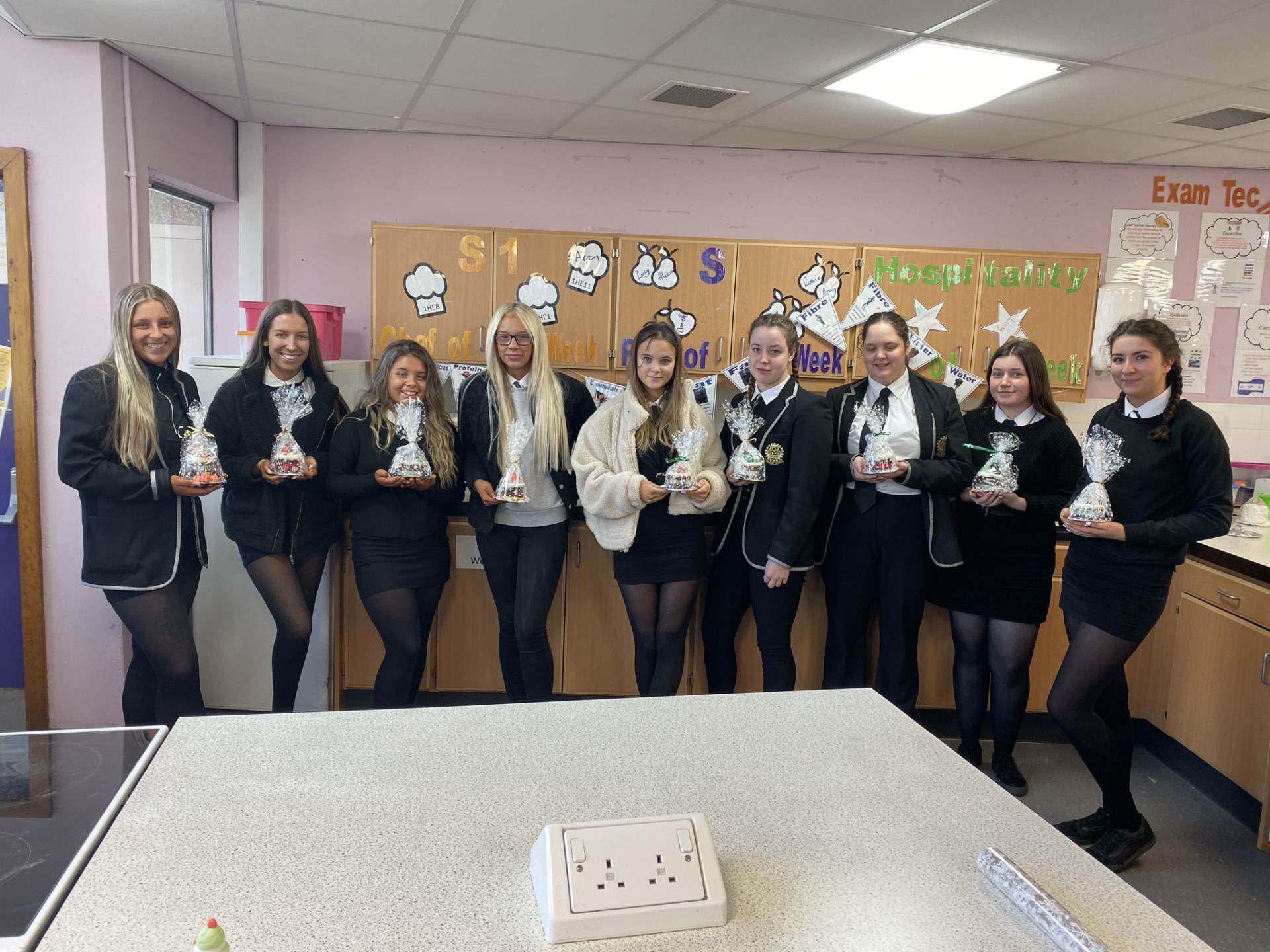



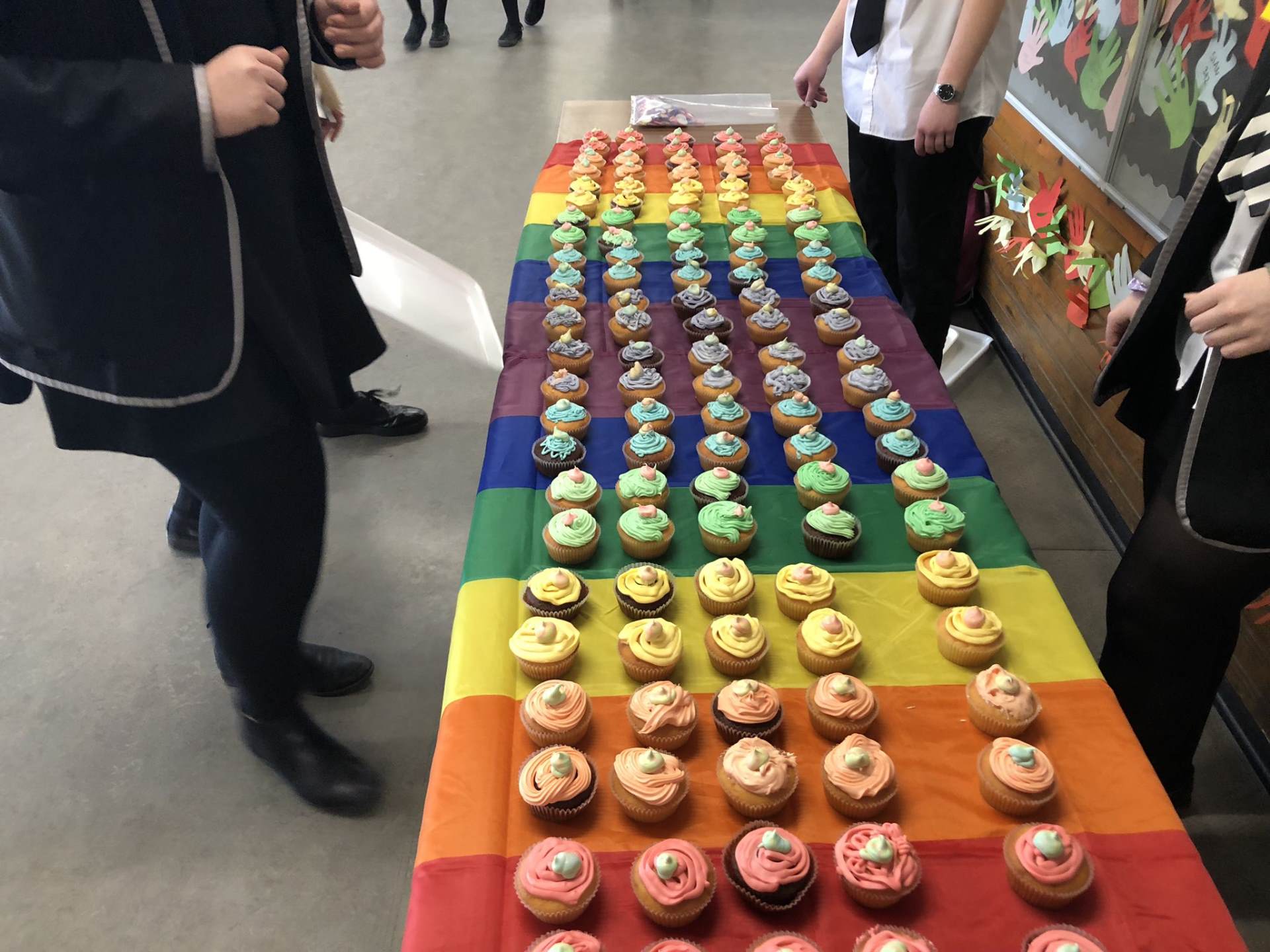
Close
Social Media